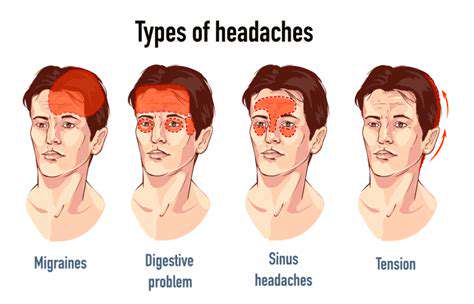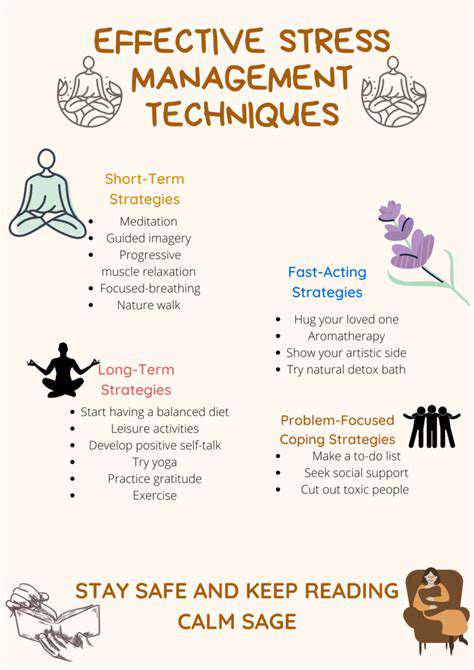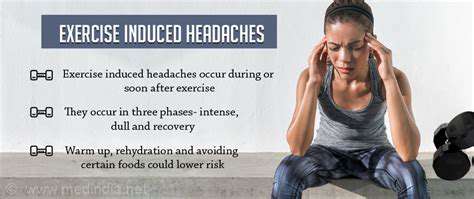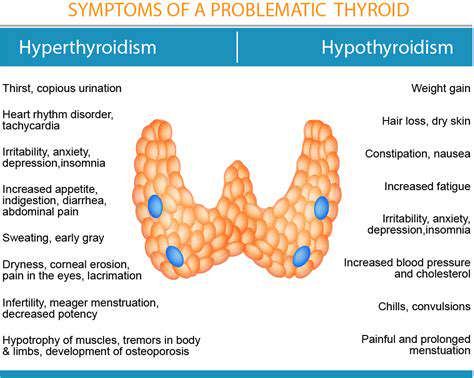The Impact of Poor Sleep Quality on Headache Frequency
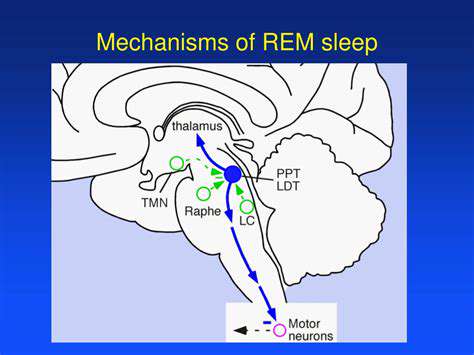
Sleep Deprivation and the Brain
When you don't get enough sleep, your brain simply can't operate at full capacity. Brain cells need sleep to repair themselves and solidify memories. Without it, you'll notice problems focusing, remembering details, reacting quickly, or solving problems. Different brain regions suffer in different ways - the decision-making prefrontal cortex stumbles, while the memory-forming hippocampus falters.
The communication highways between brain areas get jammed without proper sleep, making it harder for your brain to function as a coordinated whole.
Hormonal Imbalances and Sleep Loss
Missing sleep throws your hormones completely out of whack. Growth hormone production drops, which is especially problematic for kids and teens, while stress hormones like cortisol surge. This hormonal chaos leads to higher blood pressure, weaker immunity, and increased health risks.
The hunger hormones leptin and ghrelin get disrupted too, often leading to cravings for junk food. Even insulin, which controls blood sugar, gets thrown off by poor sleep, setting the stage for metabolic problems.
Cellular Repair and Regeneration
Sleep is when your body does most of its maintenance work. Cells throughout your body rely on this downtime to repair damage and regenerate. Without it, cells accumulate damage, immunity weakens, and aging accelerates. Special repair factors released during sleep get shortchanged when you don't sleep enough.
Over time, this cellular neglect can contribute to serious chronic diseases as the damage builds up unchecked.
Metabolic Effects of Sleep Deprivation
Poor sleep wreaks havoc on your metabolism. Your body struggles to process sugar properly, often leading to insulin resistance - a precursor to diabetes. You'll likely find yourself craving sweets and carbs as your hunger signals get scrambled.
The metabolic consequences of sleep loss are far-reaching and contribute to numerous health issues, from weight gain to chronic inflammation.
Managing the Sleep-Headache Cycle: Practical Strategies

Understanding the Connection
Headaches and poor sleep feed off each other in a frustrating cycle. Bad sleep triggers headaches, which then make it harder to sleep well. Breaking this cycle requires recognizing how deeply interconnected these issues are.
The pain and discomfort of headaches frequently lead to restless nights, leaving you exhausted the next day - which only makes you more headache-prone.
Lifestyle Adjustments for Better Sleep
Simple lifestyle tweaks can make a big difference. Going to bed and waking up at consistent times helps regulate your body clock. Developing relaxing pre-bed routines signals your brain that it's time to wind down.
Regular physical activity is one of the most effective ways to improve both sleep and headaches - just avoid intense workouts too close to bedtime.
Eating a nutrient-rich diet supports overall health while avoiding common headache triggers. Being mindful of caffeine and alcohol timing can also help preserve sleep quality.
Addressing Underlying Sleep Disorders
Sometimes there's more going on beneath the surface. Conditions like sleep apnea or restless legs syndrome can sabotage sleep and fuel headaches without you realizing it. If you suspect an underlying disorder, professional evaluation can be life-changing.
A sleep specialist can identify hidden issues and recommend targeted treatments that address the root causes of both sleep problems and headaches.
Managing Headache Triggers
Keeping track of potential headache triggers through a diary helps you spot patterns. Common culprits include stress, dehydration, certain foods, or changes in caffeine intake. Learning stress management techniques gives you tools to short-circuit stress-related headaches before they start.
By systematically addressing these triggers, you can protect both your sleep quality and your headache frequency.
